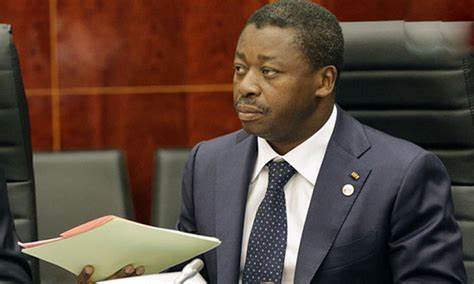The Head of State, Faure Gnassingbé, by decree signed on March 30, 2023, granted “presidential pardon” to 352 prisoners, mainly convicts at the end of their sentence. Togotpnews gives the floor to jurist Yves Amouzou, specialist in business law and judicial careers, human rights and democracy, who explains the concept to you in 4 points.
- The presidential pardon is a reduction of sentence
The presidential pardon, according to Mr. Yves Amouzou, is a reduction or remission of sentence that the President grants to a person who has already been convicted. “It reduces the sentence or erases it but the condemnation remains. This clearly means that anyone who has benefited from a presidential pardon will always see his criminal record stained,” he explained.
- Any citizen can benefit from this “leniency” measure.
Any citizen and any inhabitant of a State (whose courts have condemned) can benefit from a presidential pardon. According to the lawyer, the procedure is simple. “Any convicted person can send a letter to the Head of State to request presidential pardon, which is a measure of clemency, when all avenues of appeal have been exhausted,” he said. And if the Head of State, he continues, who is the first magistrate, the supreme magistrate, considers that the applicant is worthy of it, he grants it to him by presidential decree. “It is a discretionary power of the Head of State who does not have to justify his decision”, underlined Yves Amouzou.
- The presidential pardon is not an amnesty
The presidential pardon, explains the legal professional, is different from an amnesty. It is granted by presidential decree while amnesty is a law passed by parliament. “While the amnesty law completely erases the conviction (the criminal record becomes blank), the presidential pardon only erases the sentence (the criminal record is still dirty)”, clarifies the specialist.
- The president must not abuse it
Grace is not a common act. This, according to Mr. Yves Amouzou, can be justified by certain legal reasons: “firstly, given that the presidential pardon is a discretionary power of the President of the Republic, the latter must neither misuse, over-use nor abuse it. This for the simple reason that the separation of powers prescribes that the judicial power, that of judging, is entrusted to the magistrates. The power to judge, that is to say to condemn or to acquit, belongs to the judges. The presidential pardon is only an exception. It is not and should not be a common act”.
Atha Assan
